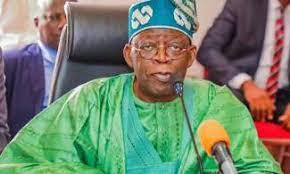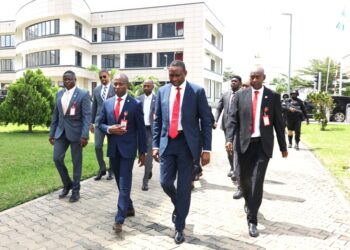The increase in the price of petrol, exchange rate and closure of borders are seem as major culprits as annual inflation rises to 12.8 per cent, Bismarck Rewane, chief executive officer of Financial Derivatives Company (FDC) Limited has said.
The Nigerian inflation accelerated for the 11th straight month in July as a weakened currency and continued border closures drove up food prices.
Consumer prices climbed 12.8 per cent from a year earlier, compared with 12.6 per cent in June, Abuja-based National Bureau of Statistics said in a report published Monday on its website.
Rewane said, the increase is as a result of the limited exchange rate pass through to the market. Manufacturers are scratching their heads on how to get dollars not to talk of the rate of exchange if and when it is available. The forex uncertainty and the supply bottlenecks together with an increase in the price of PMS are culminating in a potential jump in the headline and food inflation to 12.8-13 per cent in the days ahead.
The price increase is not a Nigeria-specific feature as most peer countries are also reeling from a gradual climb in prices. The EIU is forecasting that Sub-Saharan Africa (SSA) inflation will increase from 7.9 per cent in 2019 to 8.4 per cent in 2020.
The move towards reducing or eliminating subsidies, the adjustment effect of the exchange rate convergence and the adoption of cost reflective electricity tariffs point to a gradual shift from static to partial and eventually general equilibrium. The CBN has adjusted the exchange rate twice in the last six months to N381/$ at the official window. The EIU is also projecting another adjustment to N420/$ by the end of 2020 and N450/$ by the end of 2021.




